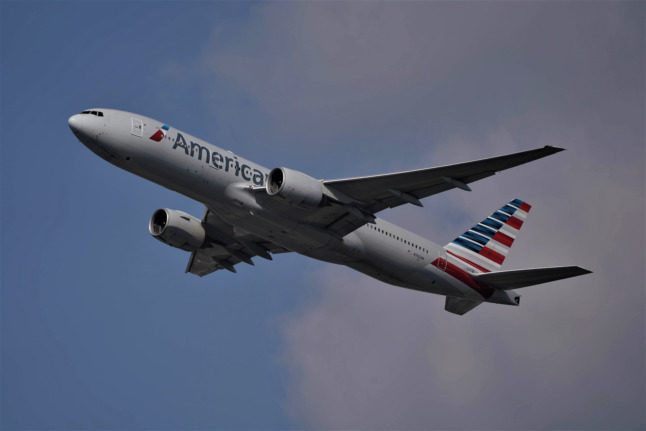Acknowledging the legal problems could have proved far more costly had it gone to court, company chief Peter Löscher said he was “happy and relieved to have negotiated this fantastic outcome in record time.”
“This is for everyone at Siemens the best Christmas present,” he told Tuesday’s issue of the mass-market daily Bild.
Under the German settlement, prosecutors said Siemens would pay €395 million, on top of a fine of 201 million euros last year over charges it had run an elaborate bribe-and-kickback system to secure foreign contracts.
Under a separate US court settlement Monday, Siemens pleaded guilty to corruption charges and agreed to pay $800 million dollars to avoid prosecution. The group was fined $450 million and agreed to a $350-million settlement with the US Securities and Exchange Commission (SEC), according to court documents.
The scandal could have cost the company even more dearly, however, with speculation running rampant for months that the SEC alone could levy fines of several billion euros.
The 161-year-old conglomerate with activities from nuclear power stations to trains and light bulbs has acknowledged that up to €1.3 billion may have been used illegally to win foreign contracts.
Siemens, which employs some 400,000 people worldwide, found in an exhaustive internal investigation that the practice was widespread across its numerous divisions. US authorities said Siemens had used slush funds, off-book accounting and delivered suitcases full of cash to bribe officials to secure contracts in Argentina, Bangladesh, Iraq and Venezuela.
“Today’s filings make clear that for much of its operations across the globe, bribery was nothing less than standard operating procedure for Siemens,” Acting US Assistant Attorney General Matthew Friedrich said in a statement.
Prosecutors have investigated around 300 people in connection with the affair and US authorities refused to rule out charges against Siemens executives.
“This investigation continues,” Friedrich told a news conference when asked if some company officials could be indicted. He added it was not unusual for a company to be charged for corruption first before invididuals in the firm were charged.
The case far surpassed the amount of money involved in similar corruption cases prosecuted by US authorities, said Linda Chatman Thomsen, director of the enforcement division of the Securities and Exchange Commission.
“This pattern of bribery by Siemens was unprecedented in scale and geographic reach,” she said, saying the company had sought to bribe officials in Asia, Africa, Europe, the Middle East and the Americas.
The German group recently took provisions of €1 billion against potential fines in both Germany and the United States. Since it erupted in late 2006, the scandal led to the resignation of a string of top managers, including chief executive Klaus Kleinfeld and his long-term predecessor and chairman of the board, Heinrich von Pierer.
Siemens has turned against its former management, in particular von Pierer, who ran the company from 1992 to 2005 and then headed its supervisory board for two years. The company has already decided to claim compensation from former executives, who allegedly looked the other way as the company paid bribes to obtain foreign contracts.
Germany’s biggest industrial union IG Metall called on the former managers to “assume responsibility and guilt for the situation in which they put the company with bribes and corruption.”
Under the US settlement deal reached Monday, Siemens agreed to the appointment of a former finance minister, Theo Waigel, as an anti-sleaze ombudsman at the company. He is to report progress in the implementation of a so-called compliance programme to prevent the company from breaking corruption laws and investigating violations if they do occur.
Supervisory board chief Gerhard Cromme said US and German authorities had praised Siemens for an exemplary internal housekeeping in the wake of the affair.
Cromme said US and German authorities had been willing to settle the case because they recognised that “Siemens is a different company today than it was two years ago.”



 Please whitelist us to continue reading.
Please whitelist us to continue reading.